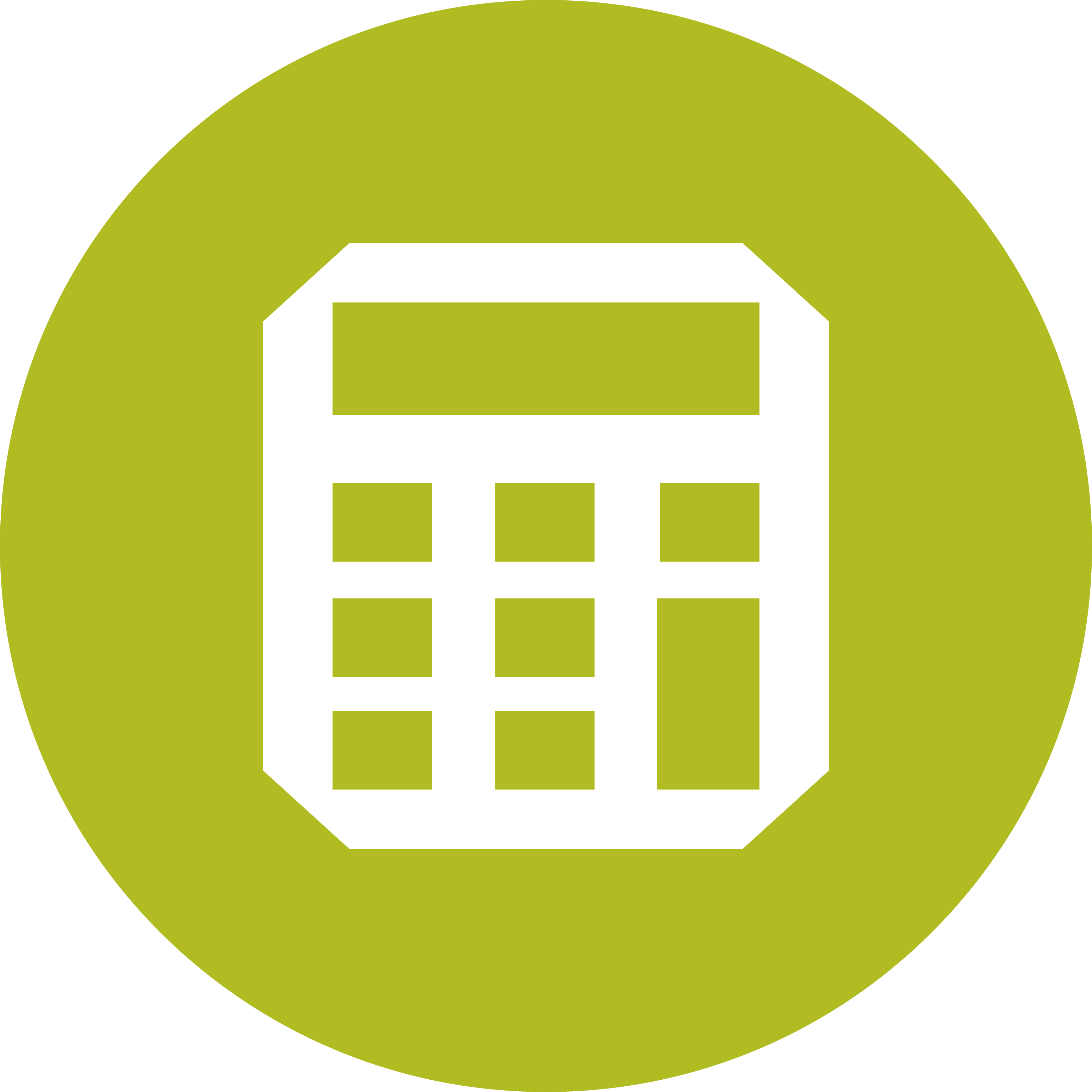Beware of Banking Scams

There’s been a recent uptick in banking scams. In these scams, criminals pose as representatives of the victim’s financial institution. They might “spoof” KCCU’s number, so the caller ID may even look like it’s really us on the phone. The scammers may then state there’s a problem with the victim’s checking account that needs immediate attention. Sometimes, they’ll claim they can help lower interest rates on credit cards.
All they need to “help” the victim, they say, is the member’s confidential information, including account numbers and passwords. The scammers then use this information to empty the victim’s accounts and disappear.
Avoid Being a Victim
Here’s what you need to know about spoofing calls and banking scams.
Be suspicious
We will never ask you to share confidential information through insecure channels. If you’re on guard, you’ll spot those fakers easily. Is a representative claiming there are problems with your account when everything seems to be in order? Are they asking for passwords over the phone? If things don’t add up, hang up.
Don’t Pick Up
Don't answer calls from unknown numbers. If you answer the phone and the caller - or a recording - asks you to hit a button to stop getting the calls, just hang up. Scammers often use this ploy to identify potential targets.
Don’t Respond to Questions
Do not respond to questions, especially those that can be answered with "Yes" or "No."
Use a Voicemail Password
If you have a voice mail account with your phone service, be sure to set a password for it. Some voicemail services are preset to allow access if you call in from your own phone number. A hacker could spoof your home phone number and gain access to your voice mail if you do not set a password.
Block Calls
Talk to your phone carrier about call blocking tools and check into apps that you can download to your mobile device. The FCC allows phone companies to block robocalls by default based on reasonable analytics. More information about robocall blocking is available at www.fcc.gov/robocalls
Safeguard account details
Never share account information without being certain you’re talking to the real entity.
Use good password hygiene
Create and use complex passwords and change them frequently. Use different passwords for each of your accounts.
Choose extra protection
Opt for two-factor identification when logging into your accounts.
Monitor your accounts
Check your accounts on a regular basis and look specifically for any suspicious or unrecognized activity.
Use eAlerts
Choose to receive an email or a text message when transactions on your account exceed your typical level of spending. Learn more about eAlerts or watch our eAlerts Video to see how easy it is to set them up.
Reach out to us
It can sometimes be difficult to determine if the people you’re talking to are the real thing. If you think you’re dealing with KCCU, but things seem fishy, hang up or log out and call KCCU yourself. You can always reach us at 269.968.9251 / 800.854.5421 Be sure to call this number and never use another number suggested by a suspicious-acting “member representative.”
In case of fraud, take action
If you suspect you’ve been taken for a ride, let us know as soon as possible. The sooner you catch and report a scam, the better. It’s also a good idea to let the FTC know about the scam. Contact them at FTC.gov.
« Return to "Blog"

 open
open apply
apply submit
submit calculate
calculate